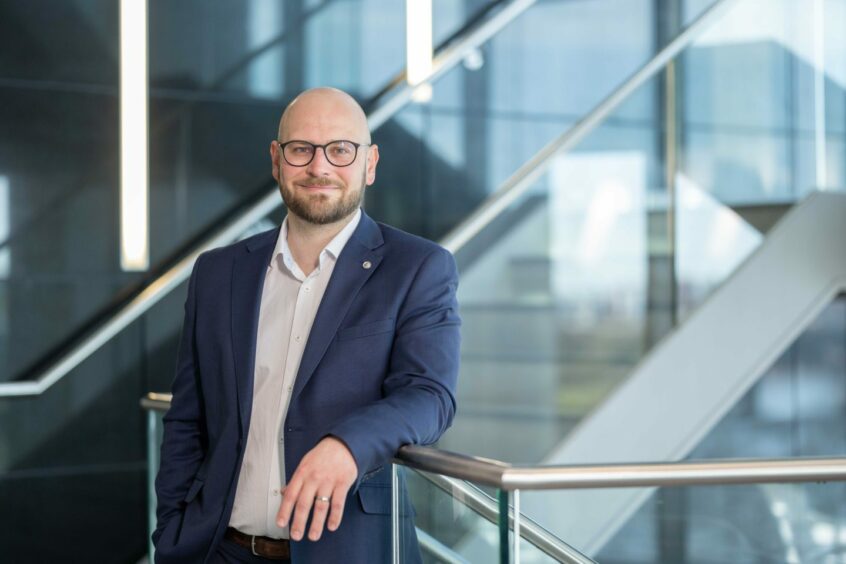
This month, millions of people around the world observed World Mental Health Day, supporting its 2022 theme of making mental health for all a global priority.
The annual day – every 10 October – provides an opportunity for greater understanding, awareness and education on mental health, and to recognise that mental illness will almost certainly affect each and every one of us at some time.
Importantly, the day also aims to reduce the social stigma associated with mental health illness that continues to persist, and prevents many from seeking assistance.
Given what’s happening around the world right now, from the horrific conflict in Ukraine to the cost of living crisis here in the UK, the sense of anxiety is palpable. And there’s a clear correlation between facing financial hardship and experiencing mental health issues.
In the UK, it’s estimated that 50% of people in debt also experience mental illness and one in five experiencing mental health problems are also experiencing money issues.
This can often leave people feeling a sense of powerlessness … that they are being impacted by many things that they can’t control. It’s a feeling that can severely impact our mental health.
Neptune Energy works closely with Mental Health UK and this month, as part of the activities associated with World Mental Health Day, the organisation has been providing advice on the steps we can all take to improve our state of mind, and to address such feelings of being powerless.
That includes recognising the many things that are outside of our control, such as how people react, behave or think, or what people choose to say to us. Of course, it can be difficult to make peace with that, but acknowledging we don’t have control over such things can help reduce feelings of stress and anxiety.
Focusing on what we can control is just as important. What we say, what we think and the people we choose to spend our time with – those are things we can directly control. Any and all of them can have a positive impact on our mental health and well-being.
Providing advice and support like this is a crucial part of Mental Health UK’s mission. The organisation has done some really incredible work to help improve people’s understanding of mental illness, and to encourage people to speak up and ask for help, without fear.
It’s not a sign of weakness to say you need help – it takes real courage, and those that speak up should be praised for having the strength to do so.
I do believe society is more accepting and understanding today as a result of such organisations’ important work, but we all know it’s a ‘work in progress’. And we can call play a part. For instance, Neptune Energy provides an Employee Assistance Programme which offers expert advice to our colleagues on a range of issues including dealing with money problems and managing stress. Just as we want employees to “speak up” about safety in the workplace, we encourage them to speak openly about mental health too.
Two years ago, we also formally announced we would work with Mental Health UK, supporting their work to ensure people living with mental illness in some of the country’s most remote areas can get online and access support services.
It can be a significant challenge, particularly for older people who may not have access to a smart phone or computer, or lack the knowledge and skills on how to use available support networks without some assistance. They can be left with the same sense of powerlessness that affects us all from time to time.
And while we should all take time to look after our own mental health and well-being, it’s just as important to support those around us. Mental Health UK advises that there are many small changes we can make to our daily routines that can help prioritise our well-being and that of our colleagues, friends and family. Going for a short walk outside with friends or colleagues at lunchtime and opting for a healthier option in the canteen can both boost our energy levels and improve our mood.
World Mental Health Day covers a single 24-hour period, but prioritising our mental health and well-being shouldn’t be restricted to a single day. It’s within each of us to make mental health a global priority.
Recommended for you
